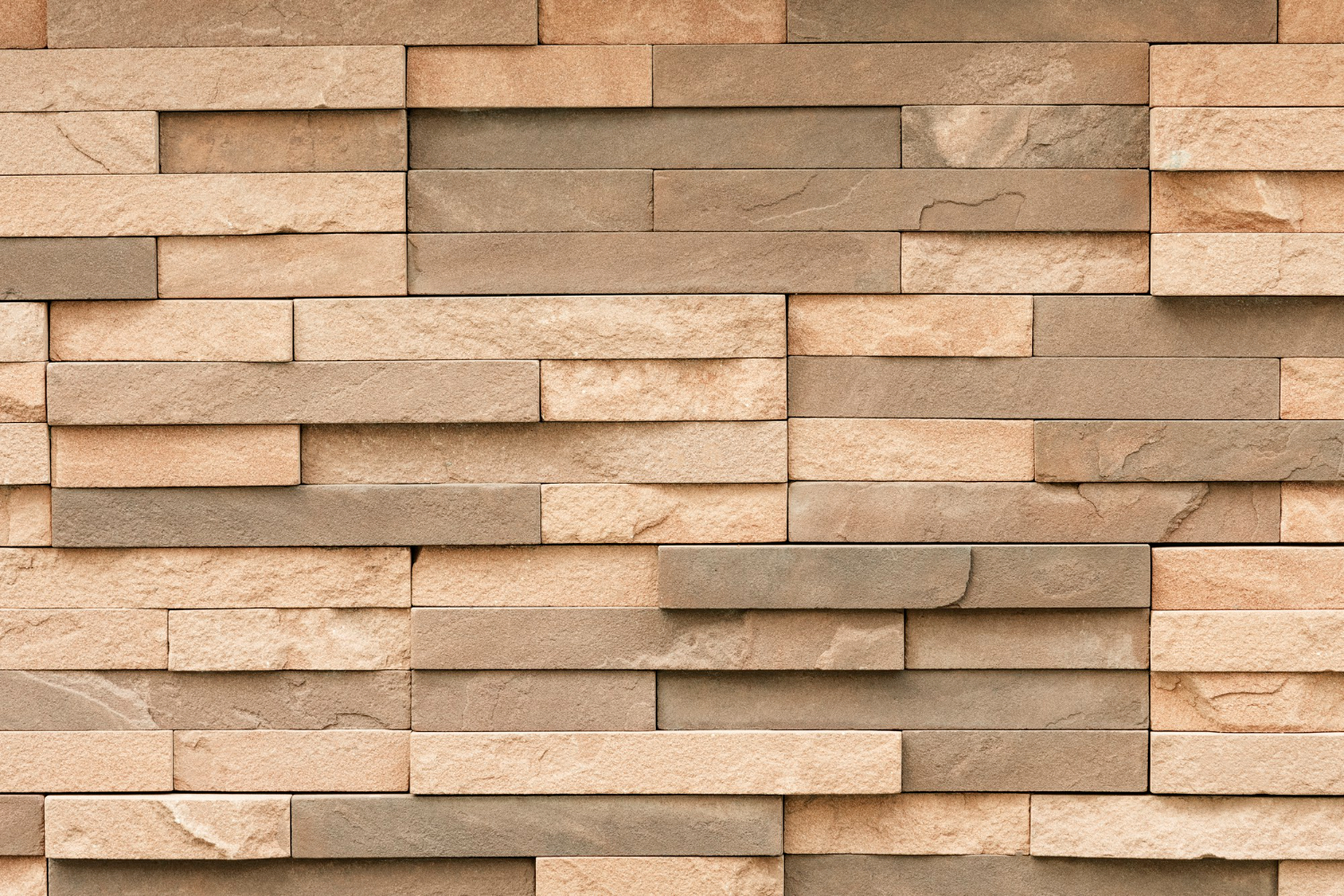
When it comes to boosting the look and feel of your home, wall finishes play a crucial role. Two popular options are traditional wall finishes. Each has its own set of advantages and considerations, making it important to choose the right one for your needs. In this guide, we will compare traditional wall finishes, exploring their features, benefits, and ideal applications.
A involves covering the exterior or interior walls of a building with a material such as stone, wood, metal, or PVC. This method not only boosts the Style appeal of the walls but also provides additional protection and insulation.
Metal Cladding: Durable and modern, often used in commercial buildings.
Traditional wall finishes include paint, wallpaper, and plaster. These finishes have been used for centuries and are well-known for their ease of application.
Wall overlay Offers a variety of textures and materials, creating a more dynamic and interesting look and metal cladding can add depth and character to a space.
Traditional Wall Finishes: While paint and wallpaper provide a wide range of colors and patterns, they lack the three-dimensional texture that we can offer.
Generally more durable and Proof of damage. for example, can withstand moisture and impact better than paint or wallpaper.
Traditional Wall Finishes: Paint and wallpaper can be prone to chipping, peeling, and damage from moisture and impact.
Typically low-maintenance. WE are easy to clean, and require Simple care.
Traditional Wall Finishes: May require regular maintenance such as repainting or reapplying wallpaper to keep them looking fresh.
It Often provides better insulation and energy efficiency. Materials like stone and wood can help regulate indoor temperatures.
Traditional Wall Finishes: Offer minimal insulation properties and may not contribute significantly to energy efficiency.
A Installation can be more complex and may require professional assistance, especially for materials like stone and metal.
Traditional Wall Finishes: Easier to apply and can often be done as a DIY project. Painting and wallpapering are straightforward processes.
Ideal Applications
Paint: All-around and can be used in any room. Great for a quick and affordable update.
Wallpaper: Ideal for creating accent walls or adding patterns to bedrooms and living rooms.
Plaster: Suitable for areas where a smooth, durable surface is needed, such as hallways and kitchens.
Both wall cladding and traditional wall finishes have their own unique advantages. It offers more durability, texture, and insulation, making it suitable for areas requiring extra protection and a dynamic look. Traditional wall finishes, on the other hand, provide Range ease of application, and affordability. By understanding the differences and benefits of each, you can make an informed decision that best suits your home’s style and functional needs.
1. What are the benefits of using wooden wall panels for interior wall paneling?
Answer:A offers a warm and natural Style, making them ideal for creating a cozy atmosphere in living rooms and bedrooms. They are also durable and provide additional insulation.
2. How do stone wall panels compare to traditional wall finishes in terms of durability?
Answer: Are generally more durable than traditional wall finishes like paint or wallpaper. They are resistant to moisture, impact, and wear, making them suitable for both interior and exterior applications.
3. Can PVC wall panels be used for bathroom wall panels?
Answer: Yes,we are an excellent choice for bathroom wall panels because they are lightweight, moisture-resistant, and easy to install and maintain.
4. What is the difference between wall cladding and traditional interior wall paneling?
Answer: A involves covering walls with materials like stone, wood, or PVC, providing texture and additional protection. Traditional on the other hand, includes options like paint, wallpaper, and plaster, which offer a smooth finish but less texture and durability.
5. Are stone wall panels a good option for interior wall paneling?
Answer: Yes,we are a great option for They add a luxurious and Classic look to spaces and are durable and low-maintenance, making them ideal for feature walls and fireplaces.












